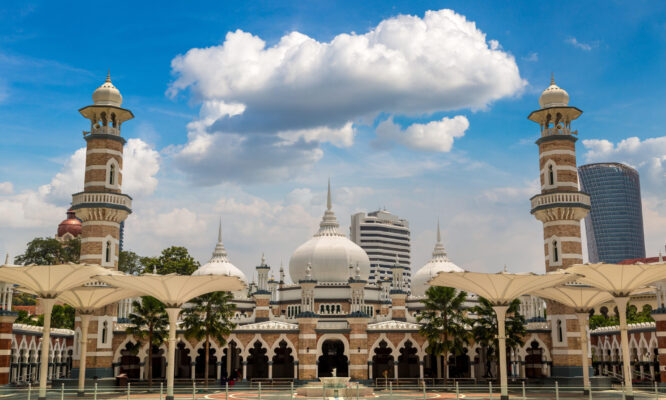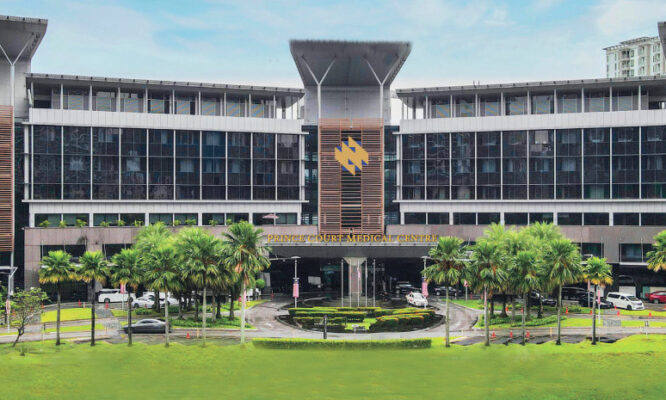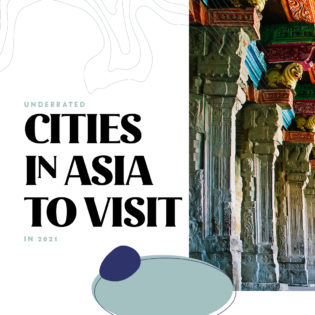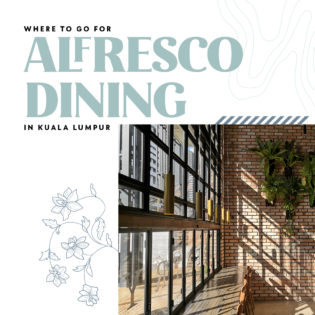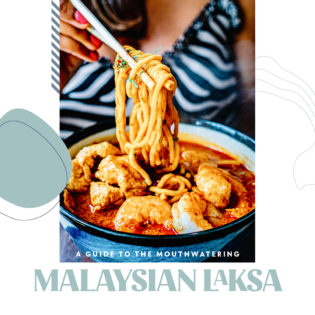Malaysian NGO Projek Iqra brings festive cheer to underprivileged community
Shopping is something we all look forward to in preparation for the festive season, and Eid al-Fitr, or more widely known as Hari Raya Aidilfitri in Malaysia, is no exception. Celebrated to mark the end of the Muslim holy month of Ramadhan, the occasion sees city folk returning to their respective hometowns to visit relatives, putting up decorations in the home, buying baju raya or new festive clothes, and stocking up on snacks and delicious food for guests. It is also a time to observe forgiveness and charity.
For the last five years, local non-governmental organisation Projek Iqra has been bringing festive cheer to underprivileged children in Malaysia by taking them shopping for new clothes. Dubbed ‘Shopping Raya’, the programme is the brainchild of Projek Iqra co-founders Sharifah Syed Aswad, Muhammad Solleh Mahfoz and Suhaimi Abdul Manan. The idea was first mooted in 2012.
“Our initial plan was to do a one-off programme, since Hari Raya only comes by once a year. We approached charity homes, spoke to the principals and pitched the idea of sponsoring a child to shop for new clothes,” Sharifah elaborates.
Their call for donations and volunteers to chaperone the children on a day out shopping was answered mostly by friends, relatives and university mates. By the third year, however, what started off as a simple project among friends had become something bigger, as they received requests from strangers on how they could provide financial aid or to volunteer.
“We decided to register ourselves officially as an NGO so that we could be accountable to our donors and recipients,” says Sharifah. To date, Shopping Raya has benefited close to 2,000 recipients.
Fundraising begins a few months before Ramadhan. Two weeks before Hari Raya, volunteers will accompany the children to a shopping mall where they will pick out their own clothing and goodies.
The campaign runs simultaneously in several states around Malaysia, including in Nilai in Negeri Sembilan, Parit Buntar in Johor and in the Greater Kuala Lumpur area.
Solleh says that the programme has been a good platform for people to connect and experience volunteerism. “Volunteers from past events have usually been young working adults. It’s an encouraging sign that youths are taking part in causes they are passionate about,” he quips.
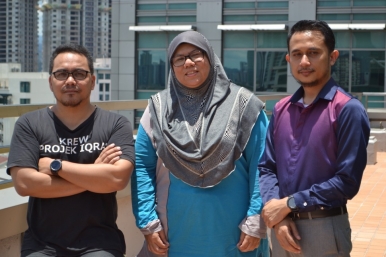
The NGO also works with corporations, which, apart from providing sponsorship, often have their staff come on board as volunteers. While they were able to reach out to 400 recipients last year, response for 2017’s campaign has been lukewarm. Sharifah attributes this to rising costs of living and uncertainty in the country’s economic outlook.
Despite the difficulty in raising funds, the founders are adamant to bring cheer. Hence, the change in this year’s Shopping Raya concept. “Instead of clothing, we will provide beneficiaries with food packs,” says Sharifah. “We piloted a few projects last year to help households get essentials for the festive season such as food items. We’ll continue improvising our campaign to give aid based on a family’s needs,” she adds.
Currently, they are hoping to raise about RM35,000 (USD8,000) for 140 families, or an allocated budget of RM250 (USD58) per family. This will go towards buying basic necessities, including rice, sugar, cooking oil, flour and meat. Donors can also opt to cover the cost of individual items, such as a pack of rice, if they are unable to donate the full budgeted amount.
The beneficiaries are mostly family members of students from their Kelas Rakyat project – another initiative by the NGO which provides free weekly classes for children aged between nine and 16 years old from urban poor communities living in People’s Housing Project (PPR) flats. The children are taught basic English, Mathematics, reading and writing.
PPR flats were built by the Malaysian government as a way to solve the housing problem among low income earners. However, many flats are often plagued by badly managed facilities and poor living conditions. The children in these communities have a higher chance of dropping out of school and getting trapped in the poverty cycle, Suhaimi points out.
“In the early days, we only gave aid to charity homes and orphanages. While that’s not a bad thing, these bodies have a centralised system, with a principal overseeing the place, so it is easier for the public or corporations to reach out to them,” Suhaimi explains.
“It is harder to penetrate urban poor communities in PPR flats. It takes time to meet the head of the flat as well as the different families and understand their needs. Our Kelas Rakyat programme, for example, took us three years to implement in one particular area as we had to build trust and relationship with the community,” he says.
From simply giving aid to randomly selected homes, Shopping Raya became an incentive for the students of Kelas Rakyat. Suhaimi says that it encourages the children to be well-behaved. “They know that if they are disciplined and responsible, we will select them to go shopping. Their parents also understand that they have to keep their kids in class, knowing that they will receive aid,” he adds.
Not put out by the lack of response this year, the three hope to be able to continue their Shopping Raya initiative. “Over the years, Shopping Raya has become an important platform for us to reach out to underserved communities. It is more than just a one-off programme to give aid to beneficiaries. It gives our volunteers a platform to get to know the children from our Kelas Rakyat programme and it provides an incentive for the children themselves to do well in their classes,” Solleh summarises.
“Our end goal is to open an education centre for underprivileged children. Knowledge is empowerment. Our hope is that when these kids grow up, they’ll be able to break the cycle of poverty for others too,” he adds.
